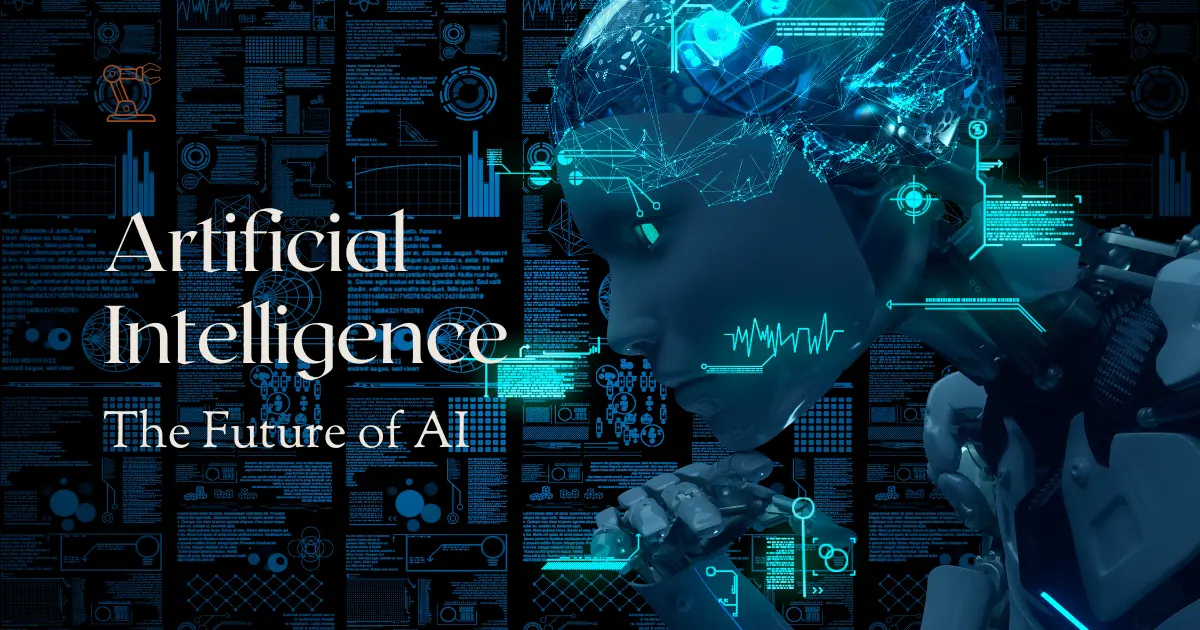As technology continues to advance at an unprecedented pace, the rise of artificial intelligence (AI) has sparked both excitement and apprehension in equal measure. From self-driving cars to virtual assistants, AI systems are increasingly becoming integrated into our daily lives, promising unparalleled convenience and efficiency. However, with this rapid progression comes a pressing need to address the ethical considerations and challenges that accompany the evolution of AI. As we stand on the cusp of a future where machines are not just intelligent but also autonomous decision-makers, it is crucial to delve deep into the moral complexities that arise when human values intersect with machine logic. The future of AI holds immense promise, but navigating its ethical terrain will be paramount in ensuring a harmonious coexistence between humans and intelligent machines.
Ethical considerations in AI decision-making processes
In the realm of AI decision-making processes, ethical considerations play a pivotal role in shaping the future landscape of technology. One key ethical concern is transparency, as AI algorithms can sometimes operate as black boxes, making it difficult to understand how decisions are reached. This lack of transparency raises questions about accountability and fairness, especially in high-stakes applications like healthcare or criminal justice.
Another crucial aspect of ethics in AI decision-making is bias mitigation. AI systems can inadvertently perpetuate existing biases present in training data, leading to discriminatory outcomes. Thus, there is an urgent need for robust measures to detect and address bias in AI algorithms to ensure equitable and just decisions across diverse populations. As we navigate the boundless potential of AI technologies, prioritizing ethical considerations will be essential in fostering trust and ensuring that these powerful tools serve society’s collective interests.
Bias and fairness in AI algorithms
Although AI algorithms have the potential to revolutionize various industries, they are not immune to bias and fairness issues. One major challenge is that these algorithms rely on historical data, which could reflect societal biases and discriminatory practices. This can lead to biased outcomes in areas such as hiring decisions, criminal justice, and healthcare.
Addressing bias and ensuring fairness in AI algorithms requires a multifaceted approach involving diverse representation during the development stage and ongoing monitoring for bias detection. Research has shown that even seemingly neutral algorithms can perpetuate biases if not carefully designed. Moving forward, it is crucial for developers to prioritize ethical considerations in AI technology to promote transparency and accountability in algorithm decision-making processes.
Privacy concerns with the increasing use of AI technology
As AI technology continues to permeate various aspects of our lives, concerns about privacy have become more prominent. One of the primary worries is the vast amount of personal data that AI systems collect and analyze. Whether it’s through facial recognition software or smart home devices, the potential for misuse and data breaches is a real threat.
Furthermore, as AI algorithms become more complex and autonomous, transparency in decision-making processes becomes an issue. Users may not always understand how their data is being used or why certain recommendations are being made by AI systems. This lack of visibility can lead to distrust and skepticism towards these technologies, hindering their acceptance and adoption on a wider scale.
Overall, finding a balance between leveraging the benefits of AI technology while safeguarding individual privacy rights remains a critical challenge in today’s digital landscape. As we delve further into the realm of artificial intelligence, ensuring robust privacy regulations and ethical guidelines will be crucial in maintaining trust and accountability in this rapidly evolving technological landscape.
Accountability and transparency in AI systems
Accountability and transparency are crucial elements in ensuring the responsible development and deployment of AI systems. Without proper accountability measures in place, the potential for bias, discrimination, and harmful outcomes increases exponentially. Transparency in AI systems allows users to understand how decisions are being made and ensures that algorithms can be scrutinized for any errors or unethical practices.
One key challenge in promoting accountability in AI is the complexity of these systems, as they often involve intricate layers of data processing that can be difficult to trace back to their original sources. Moreover, the dynamic nature of AI means that models are constantly evolving, making it challenging to hold developers accountable for any unintended consequences. As such, there is a growing need for more standardized frameworks and regulations that mandate transparency requirements for AI developers.
Ultimately, fostering a culture of accountability and transparency in AI requires collaboration among stakeholders including policymakers, researchers, developers, and end-users. By prioritizing these principles throughout the entire lifecycle of an AI system – from design to deployment – we can mitigate risks and ensure that technology serves society’s best interests while upholding ethical standards.
The impact of AI on job displacement and workforce changes
AI’s rapid advancement has undoubtedly led to concerns about job displacement and changes in the workforce. While AI technologies have the potential to automate tasks currently performed by humans, they also create new opportunities for upskilling and retraining. In this evolving landscape, it’s crucial for organizations to prioritize continuous learning and adaptability among employees to stay competitive.
As certain jobs become automated, there is a growing need for workers with skills in data analysis, artificial intelligence, and machine learning. This shift highlights the importance of investing in education and training programs that equip individuals with the knowledge needed for these emerging roles. Additionally, collaboration between policymakers, educators, and industry leaders is essential to ensuring a smooth transition towards an AI-driven workforce that maximizes human potential alongside technological advancements.
Regulations and guidelines for the responsible development and deployment of AI
Regulations and guidelines play a crucial role in ensuring the responsible development and deployment of Artificial Intelligence (AI). As AI technologies continue to advance, it is imperative for policymakers to establish clear frameworks that promote ethical use and mitigate potential risks. One key aspect is transparency, as companies should be required to disclose how their AI systems work and the data they use.
Moreover, regulations should also address bias and discrimination in AI algorithms. By implementing stringent measures to detect and rectify biases, we can strive towards creating more inclusive and fair AI applications. Additionally, guidelines should emphasize the importance of accountability, holding organizations accountable for any harmful consequences resulting from their AI systems. Overall, effective regulations are essential for fostering trust in AI technology while safeguarding against its misuse.
















